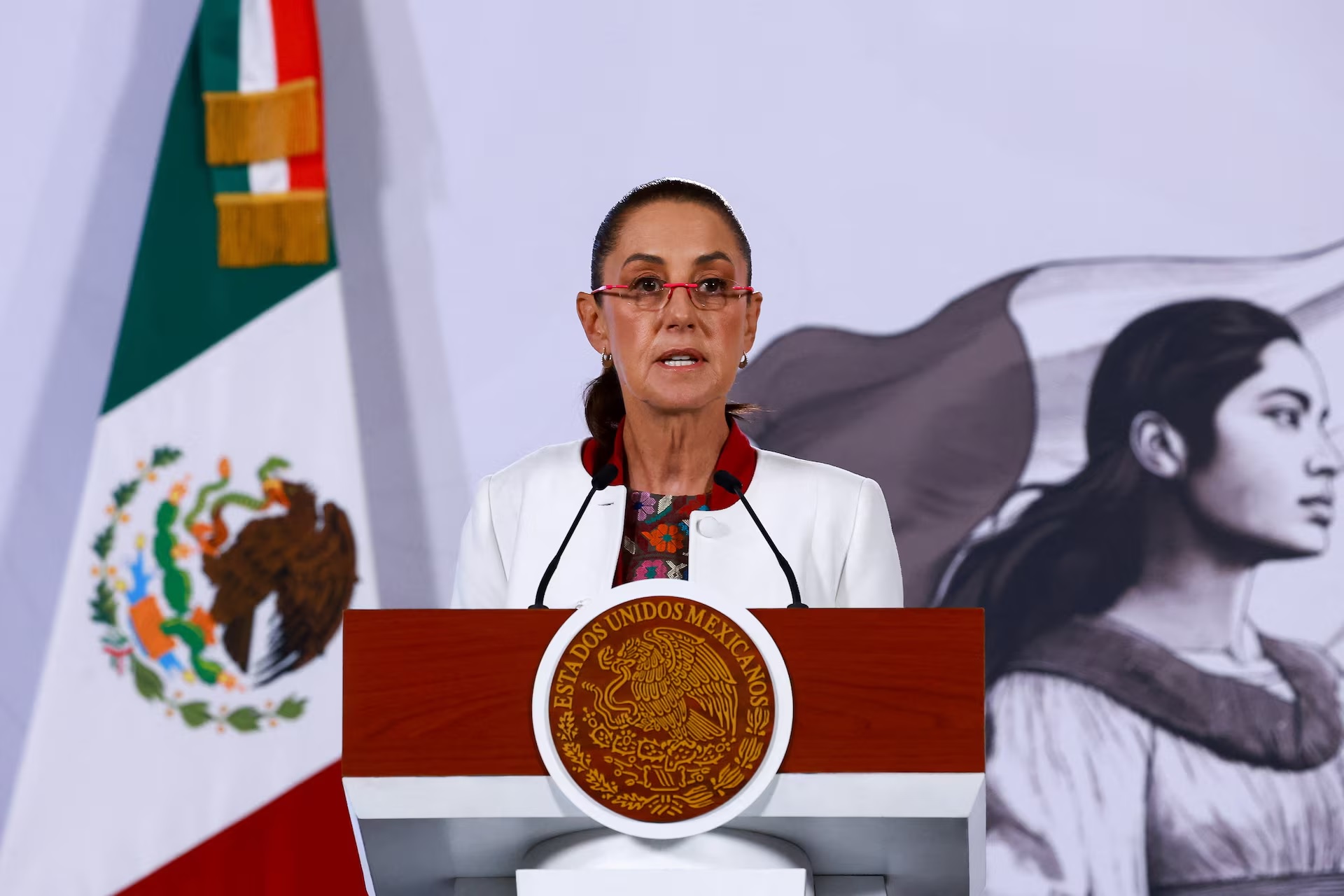Trump’s Gaza plan will be seen as flying in face of international law

Spain rejects Israel’s suggestion it should accept Palestinians from Gaza
Reuters,

Spain’s Foreign Minister Jose Manuel Albares on Thursday rejected the suggestion by Israeli Defence Minister Israel Katz that Spain should accept displaced Palestinians from Gaza. “Gazans’ land is Gaza and Gaza must be part of the future Palestinian state,” Albares said in an interview with Spanish radio station RNE. Katz ordered the army to prepare a plan for the “voluntary departure” of residents from the Gaza Strip, according to Israeli media. This instruction followed U.S. President Donald Trump’s shock announcement that the United States plans to take over Gaza, resettle its Palestinian residents, and transform the territory into the “Riviera of the Middle East.” Katz further asserted that Spain, Ireland, and Norway—countries that recognized a Palestinian state last year—are legally obligated to admit any resident from Gaza.
Trump’s Gaza plan will be seen as flying in face of international law
BBC,

When US President Donald Trump began speaking about Gaza as a demolition site, calling to “clean out that whole thing,” his remarks were initially seen as off-the-cuff. However, in the lead-up to Israeli Prime Minister Benjamin Netanyahu’s visit—in Oval Office comments and during a press conference—it became evident that Trump was profoundly serious about his proposals. His plans represent the most radical shift in the established US stance on Israel and the Palestinians in recent history and are likely to be viewed as a direct challenge to international law. Trump and his officials frame the plan to permanently “resettle” all Palestinians from Gaza as a humanitarian gesture, arguing that there is no alternative because Gaza has effectively become a “demolition site.” Critics warn that this proposal, which could forcibly displace over two million people, amounts to ethnic cleansing and collective punishment. Arab leaders have categorically rejected the idea, cautioning that it could destabilize the region and undermine prospects for lasting peace.
Amazon plans to spend $100 billion this year to capture ‘once in a lifetime opportunity’ in AI
CNBC,

Amazon announced on Thursday that it will boost its capital expenditures to $100 billion in 2025, significantly exceeding last year’s spending of roughly $83 billion. CEO Andy Jassy explained during an investor call following the fourth-quarter earnings report that the vast majority of this investment will be directed toward artificial intelligence initiatives, particularly for AWS. “We spent $26.3 billion in Q4, which is indicative of the annualized capex rate we expect in 2025,” Jassy stated. The company is rapidly investing in data centers, networking equipment, and hardware to meet the surging demand for generative AI, especially in the wake of the popularity of ChatGPT. In this competitive environment, other tech giants such as Alphabet, Microsoft, and Meta have also unveiled plans for substantial investments in AI and data infrastructure. Despite mixed quarterly results and a slight decline in shares, Jassy assured investors that these strategic expenditures will yield long-term benefits for both customers and shareholders.
Argentina says it will withdraw from the World Health Organization, echoing Trump
Independent,

Argentina’s president, Javier Milei, has ordered the country’s withdrawal from the World Health Organization, citing “profound differences” with the U.N. agency over its approach to health management. This decision echoes actions taken by U.S. President Donald Trump, who initiated the process to exit WHO on his first day back in office. Although Argentina’s contribution to the WHO budget is modest—about $8 million out of an estimated $6.9 billion for 2024–2025—the move is expected to further strain global health cooperation. Spokesperson Manuel Adorni explained at a press conference in Buenos Aires that WHO’s handling of the COVID-19 pandemic, which led to what he described as the largest shutdown “in the history of mankind,” underscored the deep-seated differences. Adorni stressed that Argentina will not permit any international organization to interfere with its sovereignty or national health policies. The decision is pending implementation and comes ahead of Milei’s forthcoming trip to the United States, scheduled to coincide with a summit of right-wing leaders.





















